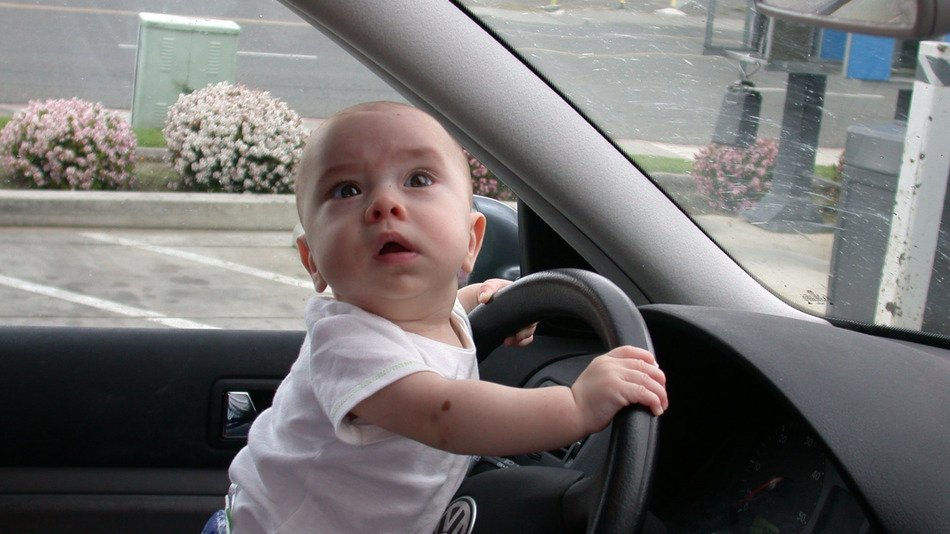Woodland Hills personal injury lawyer Barry P. Goldberg is always looking for sources of recovery for his clients particularly because many drivers are either uninsured or underinsured. This means either there was no insurance to cover your loss or not enough insurance to cover your loss completely. In those cases, it is a very important inquiry to see if the driver of the at-fault vehicle was working or running an errand at the time of the accident.
The jury instruction reads something like this:
“The corporation(or principal) is responsible for harm caused by the reasonable conduct of its employees while acting within the scope of their employment. An agent is a person who at a given time is authorized to act for or in place of another person [who] is called a principal. One may be an agent although no payment for service is received. [¶] A subagent lawfully appointed represents the principal in a like manner as the original agent. . . . [¶] It is not necessary that the conduct of the agent be expressly authorized by the principal or be undertaken for the benefit of the principal for the conduct to be within the scope of the agent’s authority. [¶] Conduct which is incidental to, customarily connected with, or reasonable and necessary for the performance of the authorized act is within the scope of the agent’s authority.”
Many defendants who send negligent drivers on errands contend that there cannot be an agency relationship as a matter of law. Specifically, they assert that “[h]ousehold errand-running family members and co-habitants are not ‘agents’ and their negligence cannot be imputed to their relatives or others living in their households.” For this proposition, they on Edwards v. Freeman (1949) 34 Cal.2d 589 (Edwards). The Edwards court stated that it “leaves no doubt that when family members help each other by running errands, without any evidence of an employment relationship, and without any evidence showing a right to control, there is no basis for imputing negligence between them.” Our office disagrees.
In Edwards, the plaintiff asked her son to take her along with him the next time he was driving into town, so that she could get her eyes tested. The son agreed to do so on the following day, when he had an errand in town. The plaintiff was injured in a collision between the son’s automobile and a pickup truck that occurred on their way to town. The Supreme Court held the son’s negligence could not be imputed to the mother to bar her recovery in her lawsuit against the other driver. (Edwards, supra, 34 Cal.2d at pp. 591-592.)
It is correct that Edwards held, “where the evidence shows no more than a friendly or filial service, gratuitously rendered, it was error to submit the issue of imputed negligence to the jury . . . .” (Edwards, supra, 34 Cal.2d at p. 594.) This, however, is rarely the case, because substantial evidence can usually be developed from which the jury could find that the service rendered was not “a friendly or filial service, gratuitously rendered . . . .” (Id.)
Defendants and insurers often read the word “gratuitous” outside of the governing principles, and ignore the evidence that permits the inference that the at-fault driver did not act “gratuitously.” Every effort should be made to find proper sources of recovery for seriously injured accident victims. The law supports holding a principal liable, even if only running errands at the time accident.








